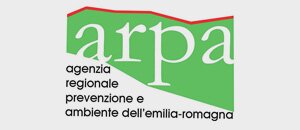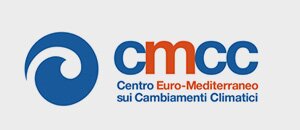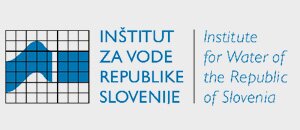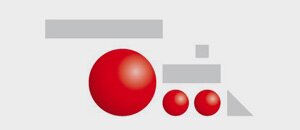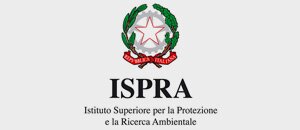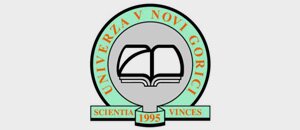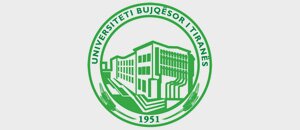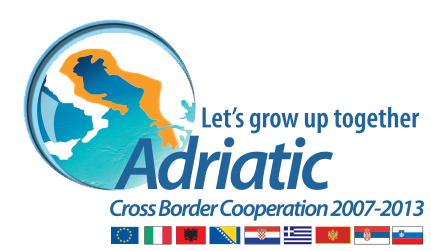The National Institute of Chemistry in collaboration with other DeFishGear project partners (defishgear.net) organized an international conference on Microplastics – MICRO 2015 which took place in Piran, Slovenia on May 5-6, 2015.
The objective of the event was to present the broader issue of microplastics as well as most recent scientific results in the field. This was the first such event in the Adriatic region and was joined by more than 80 participants from 10 countries indicating a strong interest in the topic and a high awareness of its importance.
The conference was opened by doc. dr Andrej Kržan, DefishGear coordinator, and by the head of the Marine biology station in Piran that hosted the conference Prof. dr Vlado Malačič. They both stressed the importance of such events that give opportunity for meeting and exchanging views, knowledge and opinions between experts and researchers in an international context.
World-renowned speakers dr Francois Galgani, dr Gijsbert Tweehuysen, dr Hrissi Karapanagioti, dr Christian Laforsch, dr Maria Christina Fossi and dr Thomais Vlachogianni gave leading presentations on the occurrence of microplastics in the environment, their characterization, on microplastics as vectors for biological and chemical contaminants, their impacts on biota and gave a view on prevention and mitigation possibilities.
Several participants from the northern Adriatic region presented their latest findings and results showing, that the Adriatic sea - a largely closed inland sea, has some of the highest recorded concentrations of microplastics reaching the range of several 100.000 to several million particles per square kilometre.
»We approached microplastics with a broader view that surpasses the marine limit – in line with the most recent scientific realizations. From the point of the DeFishGear project, which is focused on the Adriatic Sea it was of particular significance that we managed, for the first time, to bring together researchers working on microplastics in the Adriatic region and its immediate vicinity. The presented work clearly showed that there is considerable work in progress which will soon give a much improved understanding of the situation in the Adriatic. Not that the Adriatic is more important than other seas but until now understanding of marine litter and microplastics issues in it was seriously lagging compared to some other areas« said dr Andrej Kržan.







